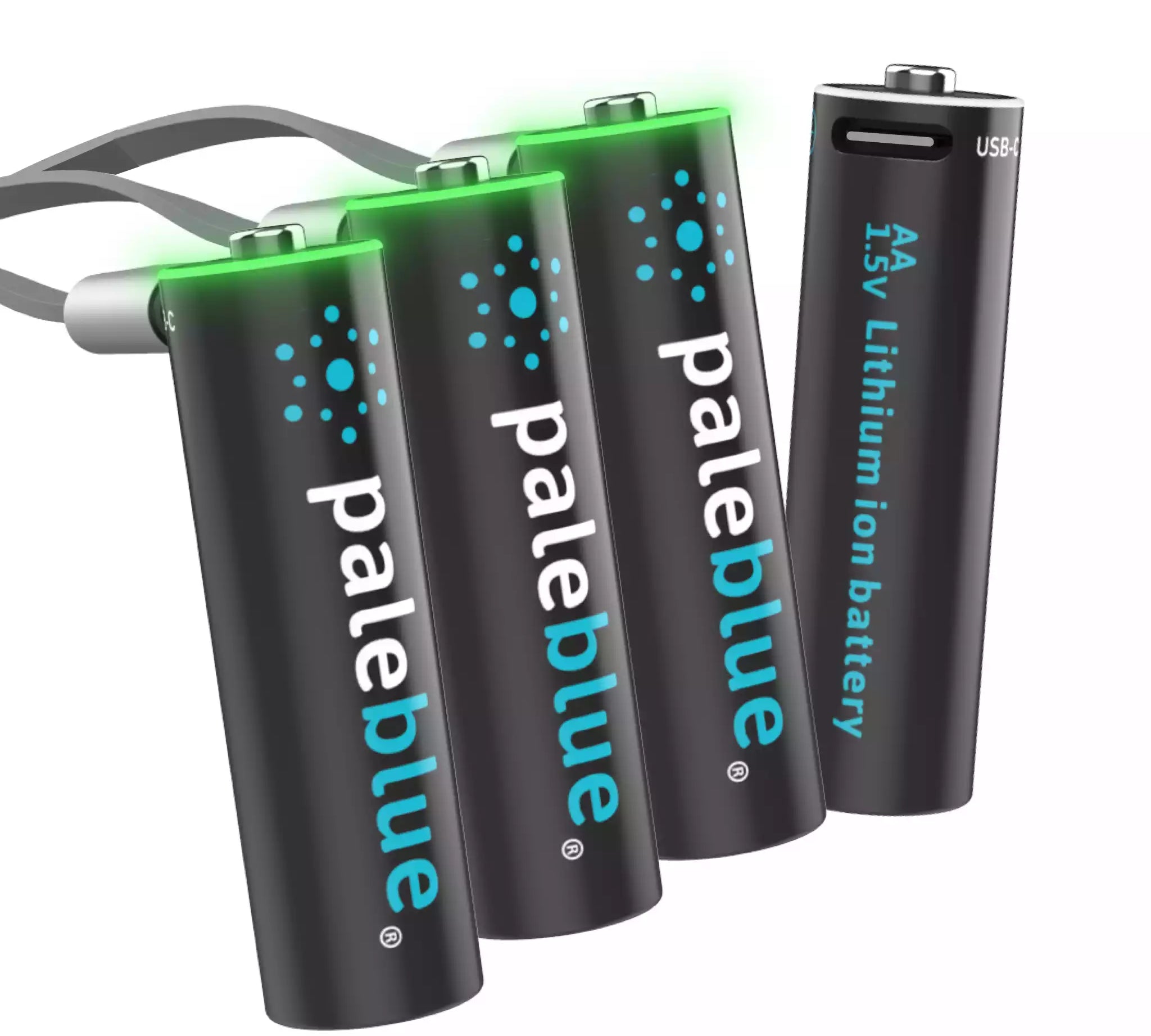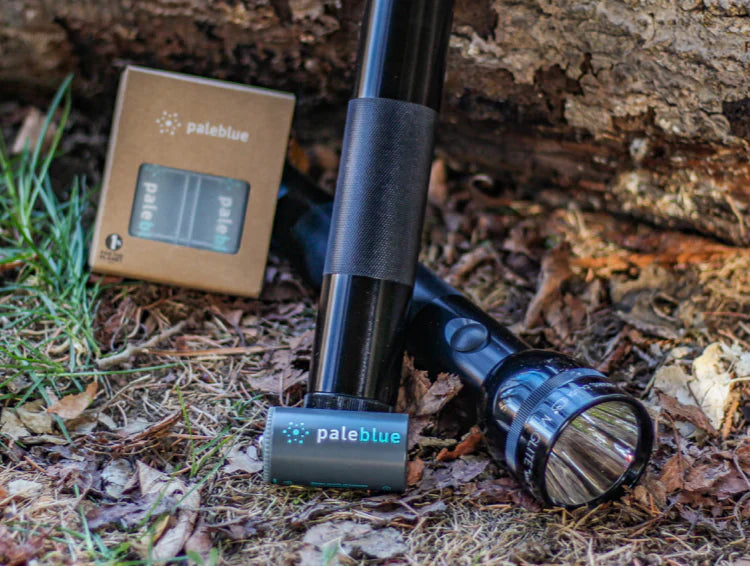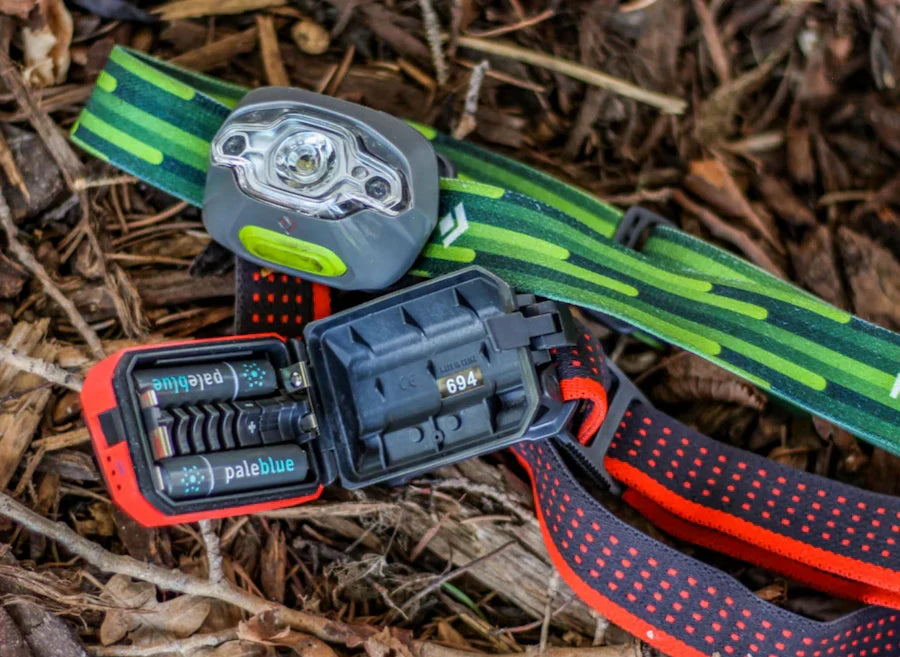How to Recycle Lithium Ion Batteries

Date Last Modified: November 2025
It is safe to say that batteries have changed the world. Having the ability to take electricity with you wherever you go is one of the things that makes it easy to stay on-the-go in this modern life. If it weren't for batteries, there would be no such thing as a mobile phone or a hand-held flashlight.
Having said all that, batteries don't last forever. What we do with dead batteries matters quite a bit. Single-use alkaline batteries should not be disposed of in the trash. Throwing away rechargeable batteries is not a good idea either – especially when those batteries are lithium ion. In some places, throwing alkaline or rechargeable batteries away is actually illegal.
Recycling Lithium Ion Batteries
Recycling Toxic Materials and Other Considerations
Legislation passed more than 20 years ago to force manufacturers to remove toxic material such as mercury from alkaline batteries. (Still, they do contain a lot of metals such as zinc, manganese, and iron) Some say it's safe to throw them away with your household waste, but the EU and California have still decided to regulate them as hazardous. It’s likely other countries and municipalities will follow.
Lithium-ion batteries are a growing market category and are more common in consumer electronics, electric vehicles, and more. They are a special case, so when it comes to disposal we should understand what’s at play, so we can be sure we are all doing the responsible thing. Li-ion batteries contain lithium which is a highly reactive element that isn’t allowed in most landfills. The good news is that it can be recovered and recycled and your local recycler is likely equipped to receive and handle your waste.
Estimates suggest that upwards of 3 billion alkaline batteries are bought and disposed of every year. That's a lot of landfill space. Switching to recyclable lithium ion batteries saves the unnecessary waste of materials from single use batteries.
Recycling Li Ion Batteries is Easy
Lithium-ion batteries are more and more common and getting easier to recycle. Recyclers disassemble the batteries, separate and recover usable materials. These days, t is even easier for you to get your spent lithium-ion batteries into the hands of recyclers. We recommend dropping them off at a recycling location or shipping them directly to a recycler. Please check with your chosen recycler to be sure you are aware of any requirements or restrictions they might have.
If you are searching for a solution, a good place to start is an organization known as Call2Recycle. They have been recycling all sorts of products for more than 20 years. They take lithium-ion batteries from consumers and businesses alike. Best of all, they work with retailers to provide drop-off locations.
You can visit Call2Recycle’s website to find a drop-off location near you. They work with thousands of retailers like Home Depot, Lowes, and Staples. Just visit their site, click the 'Find a location near you' button, and enter your ZIP Code. You'll instantly see any available locations close by.
If you cannot find a drop-off location near you, you might want to contact your local or county government. Whatever agency handles waste and recycling should be able to help. Some municipalities collect and recycle batteries by themselves. Others work with private companies willing and equipped to take batteries.
Recycle Batteries for Future Generations
We already know that recycling lithium-ion batteries is wise to prevent materials from entering the waste stream and to recover those materials for reuse. There is yet another reason, though: to protect future generations. Nothing we do in this life is isolated. Every action has consequences. We recycle because we want to protect future generations from the consequences of our not doing so.
We have been given a tremendous opportunity to change the way batteries are manufactured and used. Right now, single-use alkaline batteries still dominate the market. We are on a quest to change that. We ask you to join us by switching to Pale Blue USB rechargeable batteries and then recycling those batteries when they reach end-of-life.
- Tags: Sustainability







